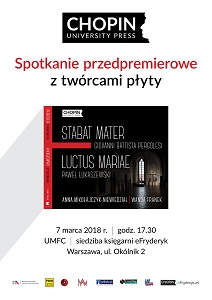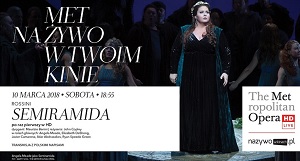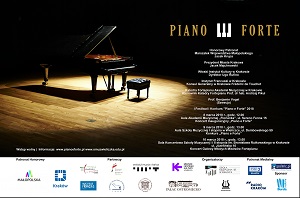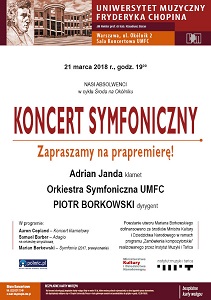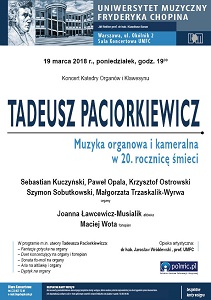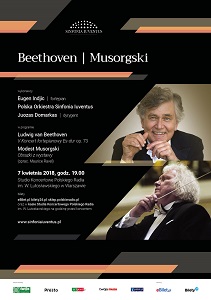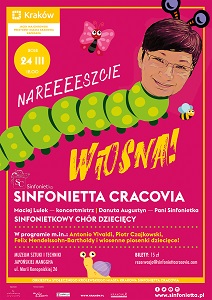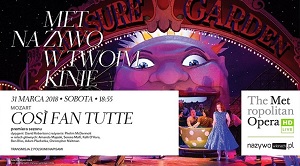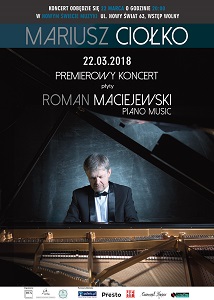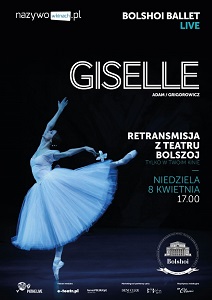
The Giselle performance from the Moscow Bolshoi Theater will be show in April and May in cinemas all over Poland. The retransmission at the Praha Cinema will take place on 8 April 2018 at 5.00 p.m.
Nazywowkinach.pl – a distributor of opera, ballet and theater transmissions and rebroadcasts to cinemas – invites you to the retransmission of a romantic ballet, in which the title role is created by Svetlana Zakharova, accompanied by an outstanding dancer Sergei Polunin, who is also famous for his dance technique.
Giselle is the culmination of the romantic style in ballet, a title loved by ballet fans around the world. It is one of the few ballets, which practically continuously exists on the stages of the world since its premiere over 170 years ago. In the Bolshoi Theater we will see the version of Jurij Grigorowicz, who created it based on the choreographies of Jean Coralli, Jules Perrot and Marius Petipa. Giselle has been absent from Polish stages for over a dozen years, so there is a unique opportunity to watch this masterpiece of the art of dance.
Giselle is also a special work in the career of Svetlana Zakharova, Bolszoi's and other world scenes' prima ballerina. For the first time, she performed it on the stage of the Mariinsky Theater in St. Petersburg, when she was admitted to the local team. She was ... less than 17 years old. Then she performed this role three times during the guest marathon of Marianski's performances on the Bolshoi scene. She was also invited with guest performances at Giselle on the Moscow stage. Finally, it was Giselle who danced when she moved to the ballet group of the Bolshoi Theater.
The audience will also be electrified the news that Sergei Polunin, known as the naughty ballet boy, will be her partner as Prince Albert. Currently, the artist, unconnected with any stage, became famous for bravura dance to the song Take me to Church, which has already been watched by over 23 million viewers on the internet. Recently, the dancer also starred in the film Murder in the Orient Express directed by Kenneth Branagh.
The performance, with the participation of Svetlana Zakharova and Sergei Polunin, was recorded in 2015. Currently, Bolshoi Theater retransmits the ballet for its viewers around the world within the "Bolshoi Ballet Live" series.
Media patronage: Polish Music Information Centre POLMIC.
The list of cinemas, screening dates and casting – here.
Additional information at: www.kinopraha.pl
 A concert from the series "The Youth's Wednesday" will take place on March 7, 2018 at 7.30 p.m. at the Polish National Radio Symphony Orchestra Concert Hall in Katowice (1 Wojciech Kilar Square). PolMonDuo will perform works by Karol Szymanowski and Witold Lutosławski.
A concert from the series "The Youth's Wednesday" will take place on March 7, 2018 at 7.30 p.m. at the Polish National Radio Symphony Orchestra Concert Hall in Katowice (1 Wojciech Kilar Square). PolMonDuo will perform works by Karol Szymanowski and Witold Lutosławski.







